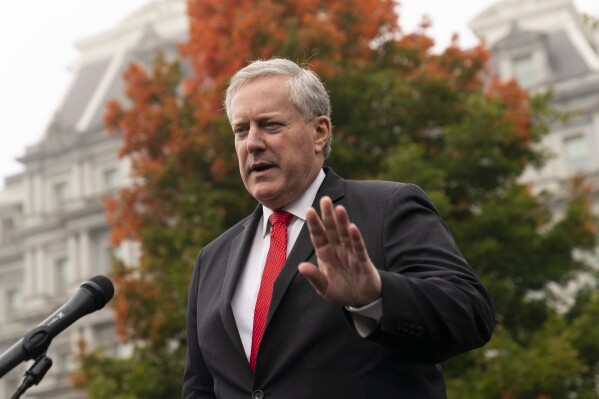JUNEAU, Alaska (AP) — In competing developments about reproductive rights in the nation’s largest state, Alaska Gov. Mike Dunleavy vetoed a bill to expand birth control access while a judge struck down decades-old restrictions on who could perform abortions.
The Republican governor’s veto Wednesday stunned supporters of the measure, which would have forced insurance companies to cover up to a year’s supply of birth control at a time, something considered especially important in providing access in distant rural communities.
The bill overwhelmingly passed the state Legislature this year: 29-11 in the Republican-controlled House and 16-3 in the Senate, which has bipartisan leadership. It was not opposed by insurance companies, supporters noted.
But in an emailed statement, Dunleavy spokesperson Jeff Turner said he vetoed it because “contraceptives are widely available, and compelling insurance companies to provide mandatory coverage for a year is bad policy.”
Supporters of the bill said the veto would keep barriers in place that make it difficult to access birth control in much of the state, including villages only accessible by plane, and for Alaska patients on Medicaid, which limits the supply of birth control pills to one month at a time.
“Governor Dunleavy’s veto of HB 17, after eight years of tireless effort, overwhelming community support, and positive collaboration with the insurance companies, is deeply disappointing,” said Democratic Rep. Ashley Carrick, the bill’s sponsor. “There is simply no justifiable reason to veto a bill that would ensure every person in Alaska, no matter where they live, has access to essential medication, like birth control.”
Meanwhile Wednesday, Alaska Superior Court Judge Josie Garton found unconstitutional a state law that said only a doctor licensed by the State Medical Board can perform an abortion in Alaska. Planned Parenthood Great Northwest, Hawaii, Alaska, Indiana, Kentucky sued over the law in 2019, saying advanced practice clinicians — which include advanced practice registered nurses and physician assistants — should also be allowed to perform medication or aspiration abortions.
Such clinicians already perform procedures that are “comparably or more complex” than medication abortion or aspiration, such as delivering babies and removing and inserting intrauterine contraceptive devices, the lawsuit said. Those care providers help fill a void in the largely rural state where some communities lack regular access to doctors, according to the group’s lawsuit.
Garton in 2021 granted the group’s request to allow advanced practice clinicians to provide medication abortion pending her decision in the underlying case.
The Alaska Supreme Court has interpreted the right to privacy in the state’s constitution as encompassing abortion rights.
In her ruling Wednesday, Garton found that the law violated the privacy and equal protection rights of patients by burdening their access to abortion, as well as the rights of clinicians qualified to perform the procedures. The restrictions have a disproportionate impact on people who are low-income, have inflexible work schedules or have limited access to transportation, the judge noted.
“There is ... no medical reason why abortion is regulated more restrictively than any other reproductive health care,” such as medical treatment of miscarriages, Garton wrote.
Women, particularly in rural Alaska, have to fly to larger cities, such as Anchorage, Juneau or even Seattle, for abortion care because of the limited availability of doctors who can provide the service in the state, or sometimes women wait weeks before they’re seen by a doctor, according to the lawsuit.
The judge found that there was no reliable statistical evidence to show that the law affected patients’ ability to access abortions in a timely manner. But, she wrote, the question was whether it increased barriers to care, and it did.
In an emailed statement, Chief Assistant Attorney General Chris Robison said the state is reviewing the decision.
“The statute was enacted to ensure medical safety, and those types of judgments are more appropriately made by the Legislative or Executive branches of government,” Robison said.
Advanced practice clinicians can provide abortion care in about 20 states, according to the Guttmacher Institute, a research group that supports abortion rights. In two of those states — New Mexico and Rhode Island — the care is limited to medication abortions. In California, certain conditions must be met, such as the clinician providing care during the first trimester, under a doctor’s supervision and after undergoing training, according to the organization.
___
Johnson reported from Seattle.
Bohrer is a statehouse and political reporter based in Juneau, Alaska.Disclaimer: The copyright of this article belongs to the original author. Reposting this article is solely for the purpose of information dissemination and does not constitute any investment advice. If there is any infringement, please contact us immediately. We will make corrections or deletions as necessary. Thank you.



